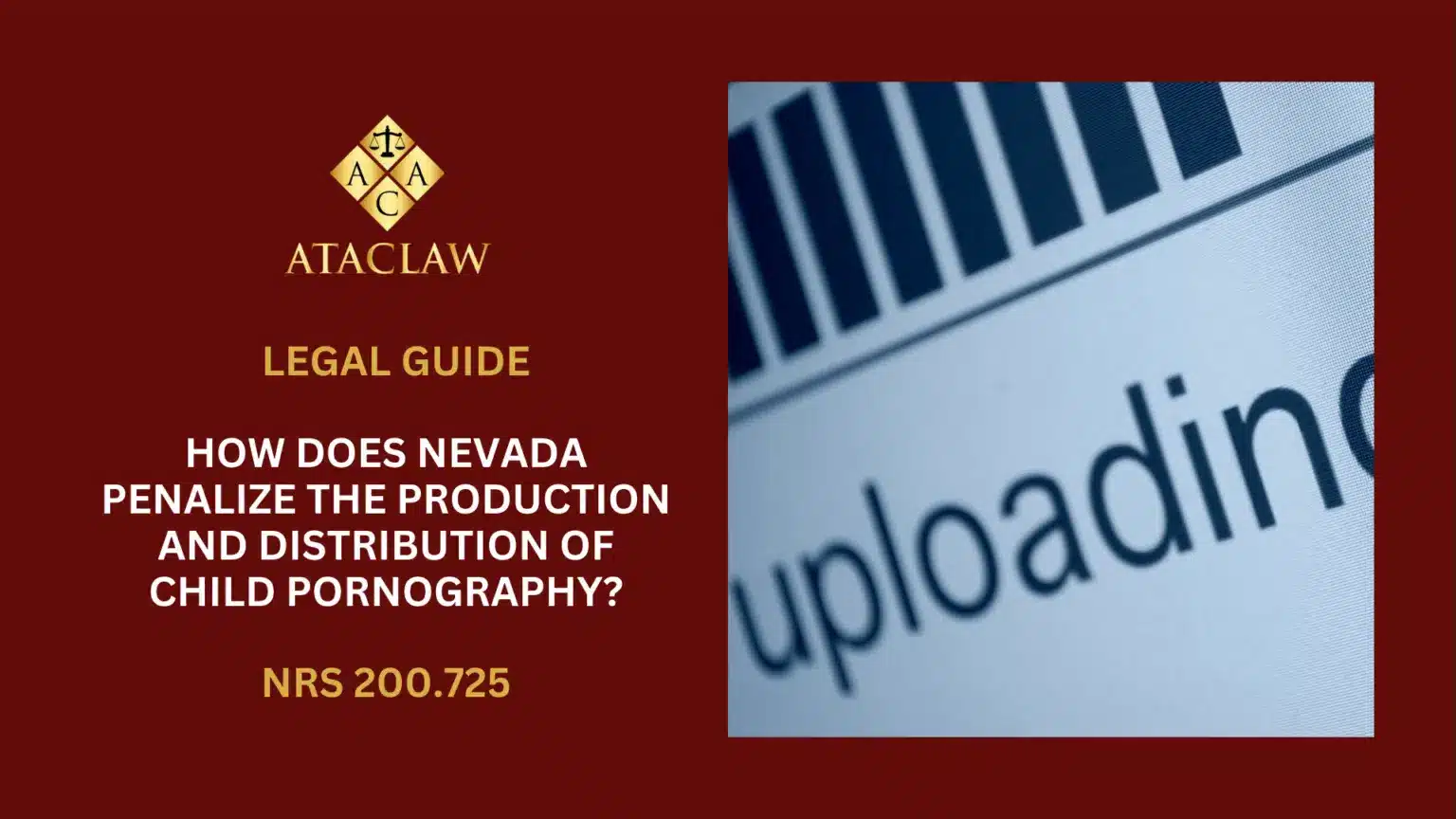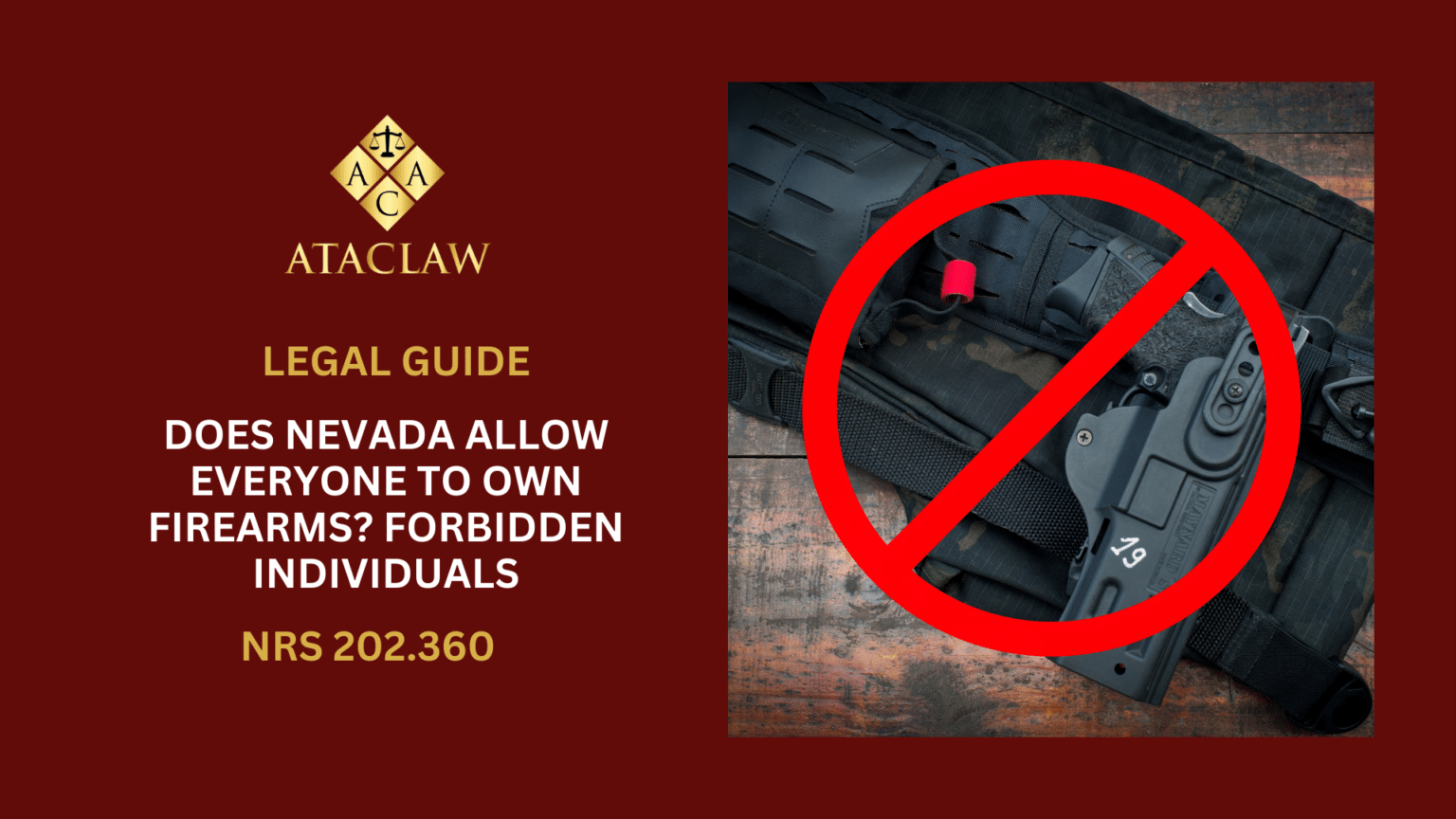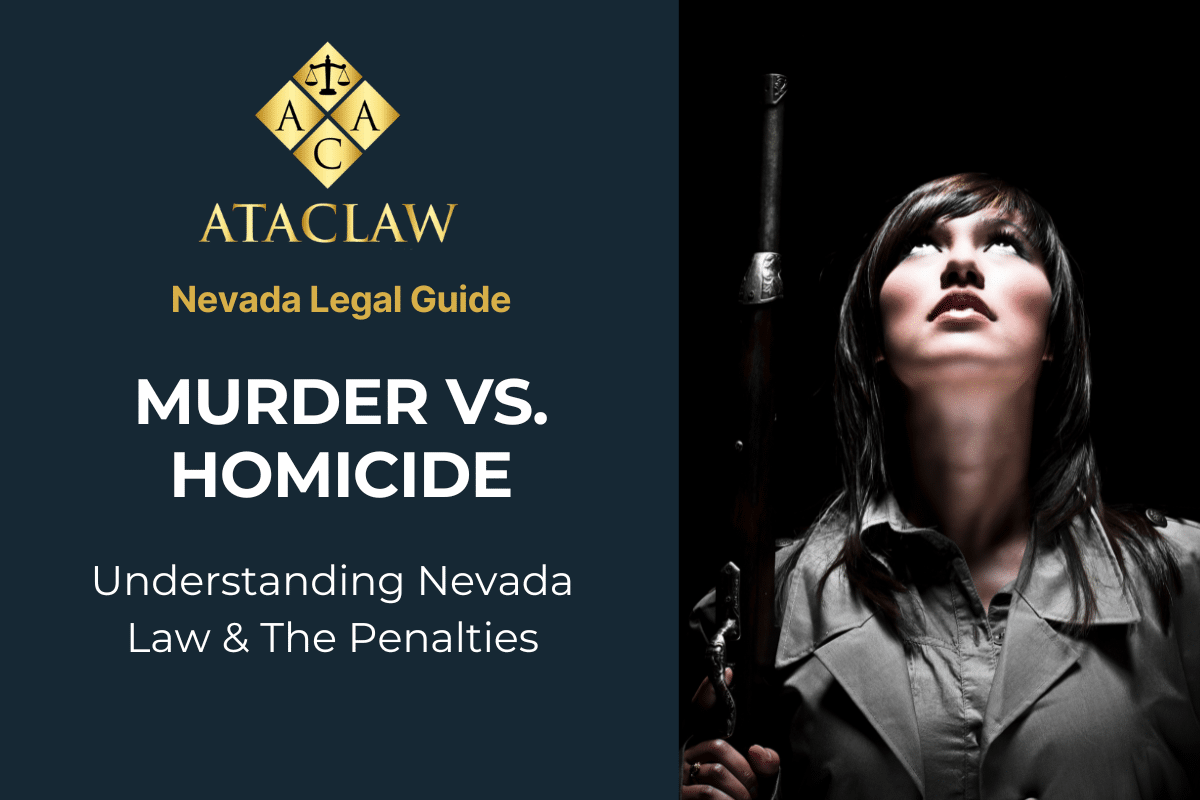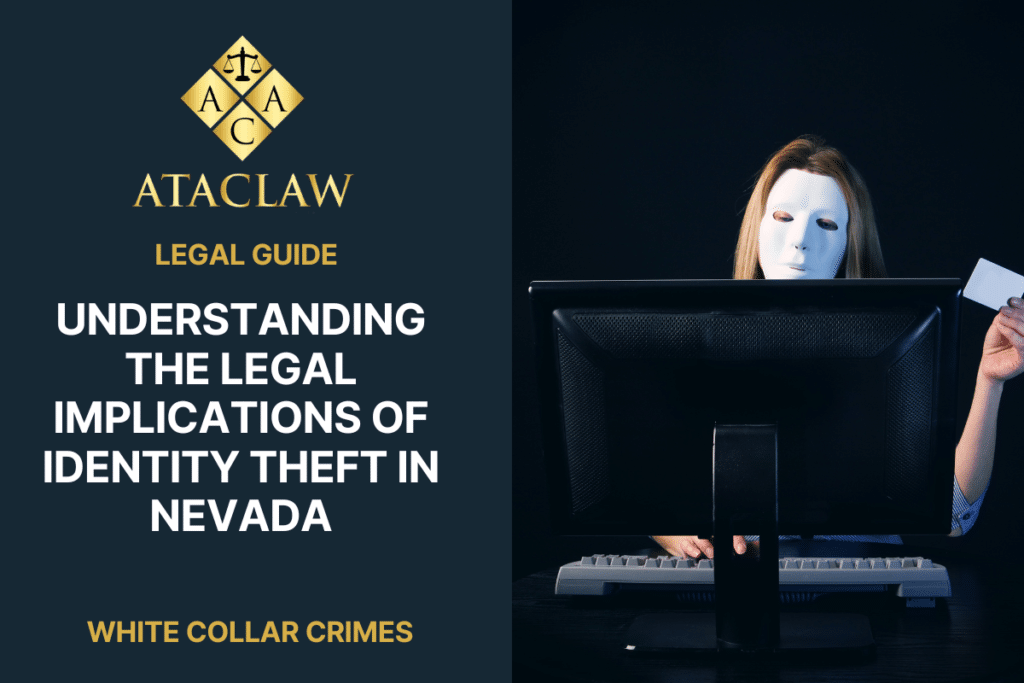Under Nevada law, NRS 200.725 categorically makes it a criminal act to knowingly engage in the preparation, advertisement, or distribution of any material that depicts child pornography. It highlights Nevada’s zero-tolerance policy towards exploiting minors in any form of media related to sexual content. Being caught in such acts emplaces significant legal jeopardy. At ATAC LAW, we aim to provide clarity on these matters. We’ll dive into the intricacies of Nevada’s NRS 200.725 statute and what it means for individuals accused of preparing, advertising, or distributing child pornography.
What Constitutes Child Pornography Offenses in Nevada?
Nevada law, designated as NRS 200.725, categorizes the intentional act of producing, publicizing, or sharing “any content or item portraying a minor in, or a simulation of, or aiding others in engaging or simulating, acts of a sexual nature” as a criminal offense. The definition of sexual activities encompasses a wide array of acts including sexual relations, explicit exposure of private parts, oral sex, sexual acts with animals, anal sex, urination or defecation with a sexual intention, bondage or infliction of pain for sexual enjoyment, solo sexual acts, and any form of penetration, whether by body parts or objects, into the genital or anal regions of someone’s body.
To put it simply, it is against the law in Nevada to advertise or disseminate materials such as leaflets, magazines, photographs, videos or any digital content that showcase pornography involving individuals under the age of 18. The legal implications remain the same regardless of whether the individual distributing such content benefits financially from their actions.
What Are the Penalties for Child Pornography Charges in Nevada?
In Nevada, facing charges under NRS 200.725 for child pornography offenses is taken extremely seriously and is classified as a category B felony. Individuals found guilty can expect the following repercussions:
- A potential imprisonment ranging from one to fifteen years,
- Possible fines reaching up to $15,000,
Moreover, those convicted are mandated to register as a Tier II offender on the Nevada Sex Offender Registry for a quarter of a century. During this period, their details are accessible on a public online platform, adding to the social repercussions of a conviction.
Aside from the fines and prison time, convicted individuals might also be subjected to asset forfeiture, meaning any earnings or property gained directly from the child pornography activities can be confiscated by the state.
It’s important to remember that an arrest marks the start of a criminal case, not its conclusion. There exists the possibility for charge reduction or even dismissal, especially with effective negotiation and legal representation. Engaging with the legal process diligently offers a chance to mitigate the severity of these penalties, showcasing the importance of understanding the legal system and acquiring competent legal counsel.
How Might Child Pornography Charges Impact Your Immigration Status?
Facing charges for advertising child pornography is generally recognized as a crime of moral turpitude, which can significantly jeopardize the immigration status of non-citizens, potentially leading to deportation. Despite the serious nature of these allegations, skilled criminal defense lawyers might be able to negotiate with the District Attorney for the charges to be altered to a less severe offense that doesn’t put the defendant’s residency at risk.
What Are Common Defenses Against Child Pornography Charges in Nevada?
In Nevada, being charged under NRS 200.725 for involvement with child pornography is a severe accusation that requires robust defense strategies. There are several defenses commonly used to counter these charges:
Lack of Knowledge
The individual must have knowingly engaged in advertising, preparing, or distributing the material to be found guilty under NRS 200.725. If, for instance, a person was hired to promote what was believed to be an independent film without awareness that it contained illicit content, this could serve as a valid defense.
Consider the hypothetical scenario where Alex, a freelance advertiser, is tasked with promoting a DVD series labeled as ‘independent art,’ unaware of its true nature as illegal content. Unless it can be proven beyond reasonable doubt that Alex knew about the content, the charges of knowingly advertising child pornography may not hold.
Non-Pornographic Material
In situations where the material is initially suspected of being pornographic but is later found to have legitimate literary, artistic, political, or scientific value, the charges under NRS 200.725 would not apply. Defense lawyers might bring expert testimony or comparable images and videos to court to prove the material’s legality.
Absence of Direct Involvement
Proving that the accused only possessed, but neither prepared, advertised, nor distributed the pornography, might lead the District Attorney to lessen the charges to mere possession, which often carries lighter penalties, particularly for first-time offenses.
Is It Possible to Seal a Conviction Under NRS 200.725 in Nevada?
In Nevada, a conviction under NRS 200.725, related to child pornography, is permanently unsealable, meaning it will remain on an individual’s record indefinitely, with no opportunity to hide it from public view. However, if the District Attorney opts to dismiss the charges, defendants have the immediate right to initiate the process to seal their arrest records, offering a path to clear their name in specific circumstances.
What Are Different Child Exploitation Crimes and Their Penalties in Nevada?
In Nevada, various offenses are related to the exploitation of minors, each with stringent penalties designed to deter such criminal activities:
Involvement of a Minor in Pornographic Production
Employing a minor in the creation of pornographic material is a grave violation under NRS 200.710, and it is categorized as a Category A felony. Convicted individuals face a potential life sentence and fines that can reach $100,000.
Facilitation of a Child’s Performance in Sexual Acts
On par with the severity of using a minor in pornography, promoting or facilitating a sexual performance of a child, in alignment with NRS 200.720, is also classified as a Category A felony. The consequences are similarly harsh, including the possibility of life imprisonment and fines up to $100,000.
Accessing Child Pornography via the Internet
Under NRS 200.727, the act of viewing child pornography through the internet is viewed as a Category C felony for first-time violators. Penalties for this transgression can span from one to five years in prison, along with potential fines that may total $10,000.
Possession of Child Pornography
Having child pornography is prosecuted as a Category B felony when it’s the individual’s first offense, as outlined in NRS 200.730. Those found guilty may face a prison term ranging from one to six years, in addition to facing fines that could go up to $5,000.
Each of these offenses carries severe repercussions, indicating Nevada’s uncompromising stance against the exploitation of children and the possession and distribution of illicit material involving minors.
For further legal assistance and to discuss your case with an expert, don’t hesitate to contact ATAC LAW.




